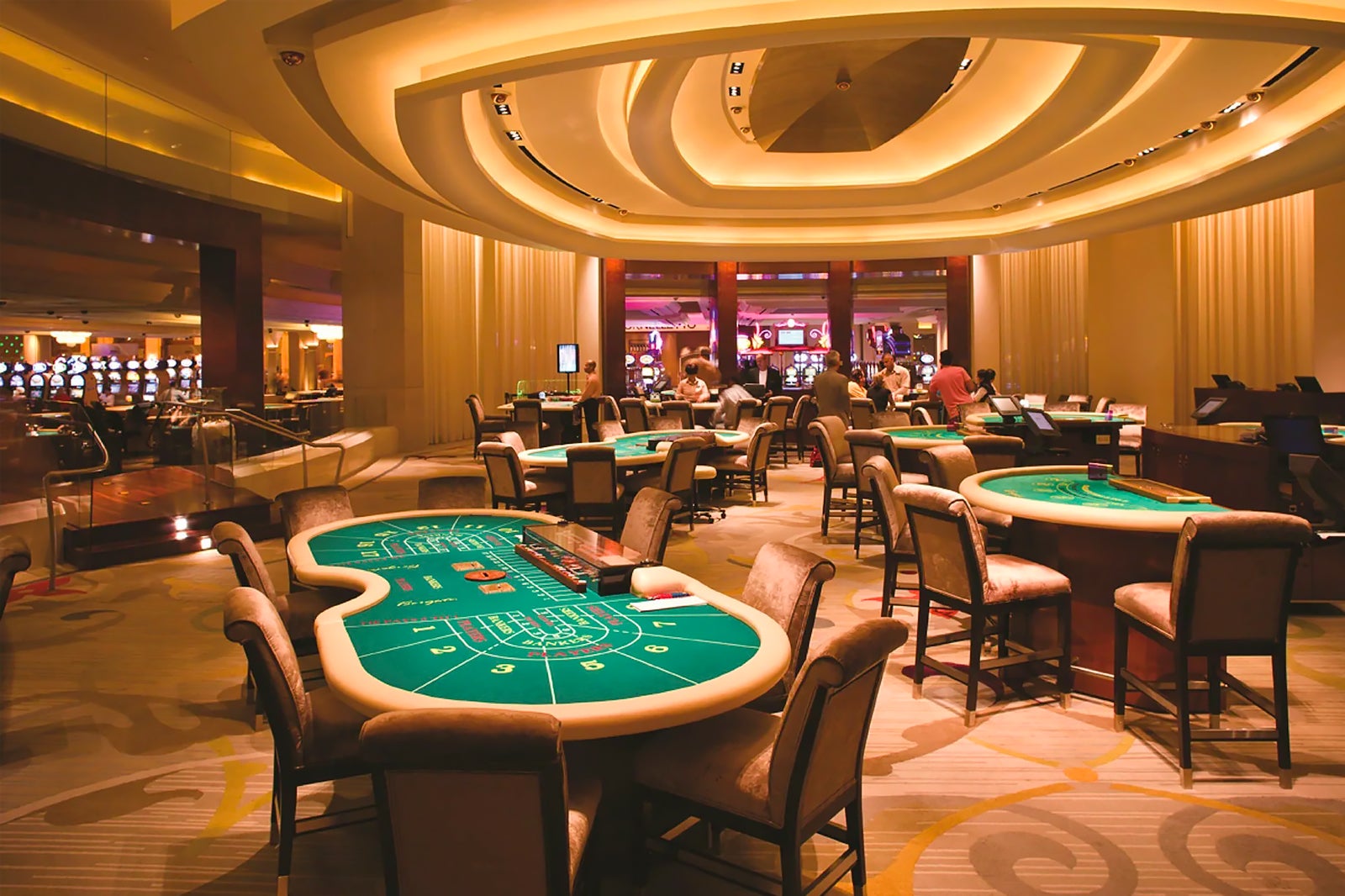
Casino gaming has long been a topic of interest and controversy, drawing in millions of players globally. With a mix of chance, skill, and the thrill of risk, casino games offer an exhilarating escape from everyday life. However, as entertainment becomes ever more available, it calls for a deeper examination of the ethical implications surrounding these games.
At the heart of the discussion lies the issue of whether casinos promote responsible gaming or exploit at-risk individuals. The allure of potential winnings versus the reality of losses can create a challenging dynamic, and understanding this balance is crucial for both players and operators. https://ga179.city/ As we delve into the morals of casino gaming, we will explore the responsibilities of casinos, the impact on society, and the measures that can be taken to foster a healthier gaming environment.
The Impact of Casino Gaming on Society
Casino gaming has a significant influence on the community, affecting not only the financial landscape but also social behaviors and local frameworks. The funds generated from casinos can lead to employment opportunities and boost regional economies, as they provide multiple employment opportunities in multiple fields including hospitality, entertainment, and shopping. However, while the financial benefits can be significant, communities often grapple with the potential negative impacts that arise from higher gambling activity.
Additionally, the presence of casinos can lead to an rise in gambling addiction, presenting serious challenges for individuals and families. The thrill of casino games can quickly evolve into a habitual habit, affecting connections with others and leading to monetary issues. Many individuals may struggle with the loss of control over their gambling habits, resulting in a need for community support services and interventions to address this increasing issue. The social cost of gambling addiction can ripple through kinships and neighborhoods, creating an urgent need for sensible gambling approaches.
In addition to the economic and social ramifications, casino gaming often showcases cultural attitudes towards risk and leisure. It can encourage a sense of joy and leisure, attracting tourists and boosting tourism. However, this allure may also conceal the broader implications of gambling as a method of entertainment, raising ethical questions about its promotion and accessibility. As communities weigh the benefits and disadvantages of casino gaming, the need for sensible approaches and oversight becomes increasingly critical in ensuring that the beneficial elements are enhanced while reducing the potential harms.
Moral Issues in Betting Practices
The ethics of casino gaming often revolve around the potential for addiction and its effects on individuals and families. Gambling can lead to serious monetary distress, impacting not only the gamblers but also their loved ones. As people become caught in the allure of winning, many lose sight of their financial limits, which can result in catastrophic results such as bankruptcy. This poses ethical questions about the responsibility of gambling establishments in fostering safe gaming habits and providing support for those who may be struggling with betting addiction.
Another major concern is the promotion of gambling to at-risk groups. Gambling establishments often target low-income individuals or neighborhoods with the promise of fast gains, which can continue cycles of financial struggle and hopelessness. In this situation, the morality of advertising strategies used by casinos come under scrutiny, as they may take advantage of the desperation of individuals seeking an way out from financial hardships. This manipulation raises moral questions about the integrity of the betting industry and its responsibility to protect its most vulnerable customers.
Additionally, the effect of gambling gaming on society as a whole cannot be ignored. While some argue that gambling establishments create employment and boost local economies, others point to the social costs associated with problem betting, increased crime rates, and a burden on public services. Balancing economic benefits with the potential for social harm presents a challenging moral dilemma for policymakers and gambling operators alike. The challenge lies in finding a responsible approach that prioritizes the well-being of people and society while still permitting for the enjoyment of casino gaming.
Regulatory Framework and Obligations
The oversight framework pertaining to casino activities is designed to ensure equity, integrity, and participant protection. Various government entities and gaming commissions create and apply regulations that dictate how casino activities function, the guidelines for product design, and the procedures for processing winnings. These regulations differ by locale but commonly involve permit requirements for operators and stringent measures to prevent deception and dishonesty.
In furthermore to oversight bodies, gambling businesses bear major responsibility in maintaining moral standards within their establishments. They must adopt safe player practices that encourage gambler protection and awareness, including providing self-ban options and providing information about the dangers related to gaming. Operators are also obligated for educating workers to recognize signs of difficult gambling and understand the correct steps to help visitors in need.
Additionally, openness in gaming operations is essential for gaining and preserving public confidence. Operators should provide clear details about the chances of games, promotional opportunities, and any connected hazards. By fostering an atmosphere of transparency and trust, gambling establishments can help lessen the likelihood harmful impact of betting while boosting the general betting experience for all gamblers.
